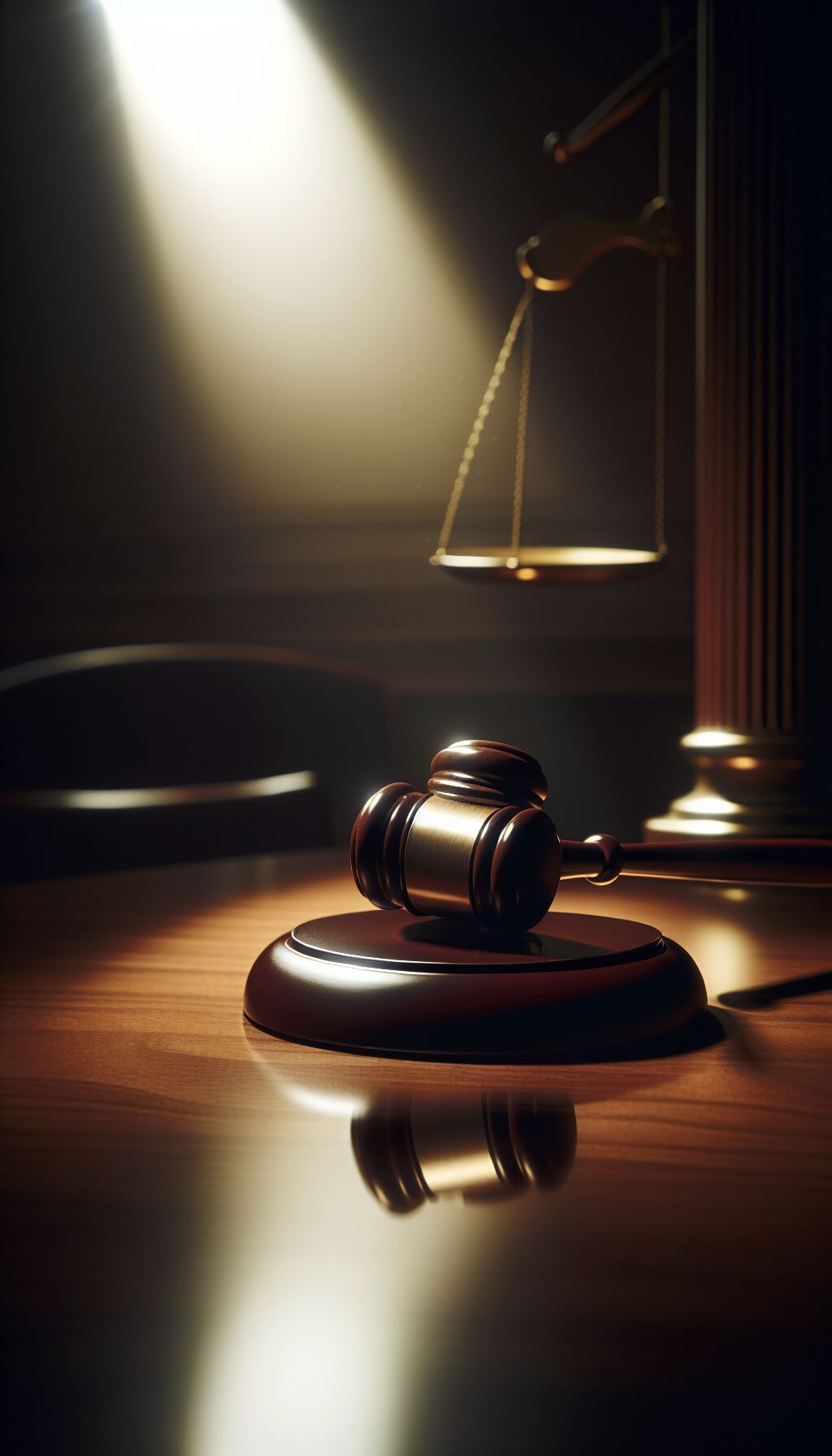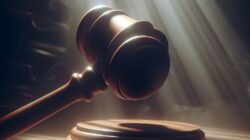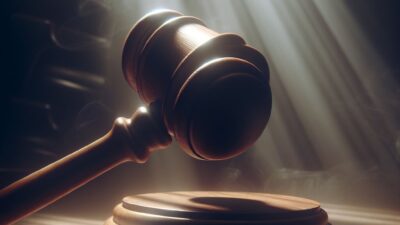Donald Trump Sentenced in Falsifying Business Records Case
President-elect Donald Trump was sentenced to an unconditional discharge on Friday following his conviction for falsifying business records. This verdict stemmed from a lengthy investigation led by Manhattan District Attorney Alvin Bragg.
Virtual Sentencing and Legal Proceedings
Trump attended the sentencing virtually, alongside his defense attorney, Todd Blanche. The president-elect had fought against the legal proceedings aggressively up to the United States Supreme Court. Despite his efforts, Judge Juan Merchan did not impose any prison time during the hearing.
No Jail Time, Preserved Appeal Rights
Instead, Judge Merchan imposed an unconditional discharge, signifying that there would be no jail time, fines, or probation required. This sentence also keeps Trump’s right to appeal the conviction intact.
“After careful analysis, this court determined the only lawful sentence that permits entry of judgment of conviction is an unconditional discharge,” Merchan stated. “I wish you Godspeed as you assume your second term in office.”
Trump’s Reaction to the Ruling
Before the sentencing was announced, Trump expressed his disdain for the judicial process, calling the case a “tremendous setback for the American court system.” He characterized it as an embarrassment for the state of New York, asserting that the public had the chance to observe the trial and subsequently voted for him decisively.
“The Justice Department was very involved,” he claimed, stressing that such a case against a former president, now a candidate and president-elect, was unprecedented in American history.
“I was treated very, very unfairly. And I thank you very much,” Trump remarked during the hearing.
Judicial Insights and Future Proceedings
Judge Merchan had previously indicated that the most likely outcome of the sentencing would not include incarceration, hinting toward an unconditional discharge. During Friday’s hearing, the judge revealed that he had informed Trump of the sentence ahead of time, a rare and “unusual step” for such proceedings.
“The imposition of sentence is one of the most difficult decisions that any criminal court judge is called to make,” Merchan noted, indicating that the court must weigh various factors, including the unique circumstances surrounding the case.
Despite the heightened media interest and security surrounding the trial, Merchan stated that the trial itself was ultimately “not any more unique or extraordinary than any other case.”
Legal Maneuvering and Appeals
Trump also sought legal recourse to prevent the sentencing from continuing by appealing to the New York State Court of Appeals, which rejected his request. Additionally, he filed an emergency motion with the U.S. Supreme Court, urging the court to stay the ongoing criminal proceedings in New York County.
The Supreme Court denied this request, clarifying that “the alleged evidentiary violations at President-Elect Trump’s state-court trial can be addressed in the ordinary course on appeal.”
Moreover, the Supreme Court order outlined that the impact of the sentencing on Trump’s responsibilities as president-elect would be relatively minor, given the anticipated unconditional discharge.
Supreme Court’s Stance on Trump’s Request
In the Supreme Court’s order filed late Thursday, it was noted that four justices—Thomas, Alito, Gorsuch, and Kavanaugh—would have supported Trump’s application. However, Trump needed five votes for his request to be approved, indicating a split among the justices regarding the situation.
Looking Ahead: Inauguration and Future Appeals
Trump is set to be inaugurated as the 47th president of the United States on January 20. Throughout this ordeal, he has consistently maintained his innocence, labeling the case as an example of “lawfare” orchestrated by Democrats aimed at undermining his electoral ambitions ahead of the November elections.
With his conviction set to be appealed, and a second presidential inauguration on the horizon, the political and legal ramifications of this case remain to be seen. As the nation watches closely, Trump will continue to navigate the complex interplay of his legal battles and presidential responsibilities.












